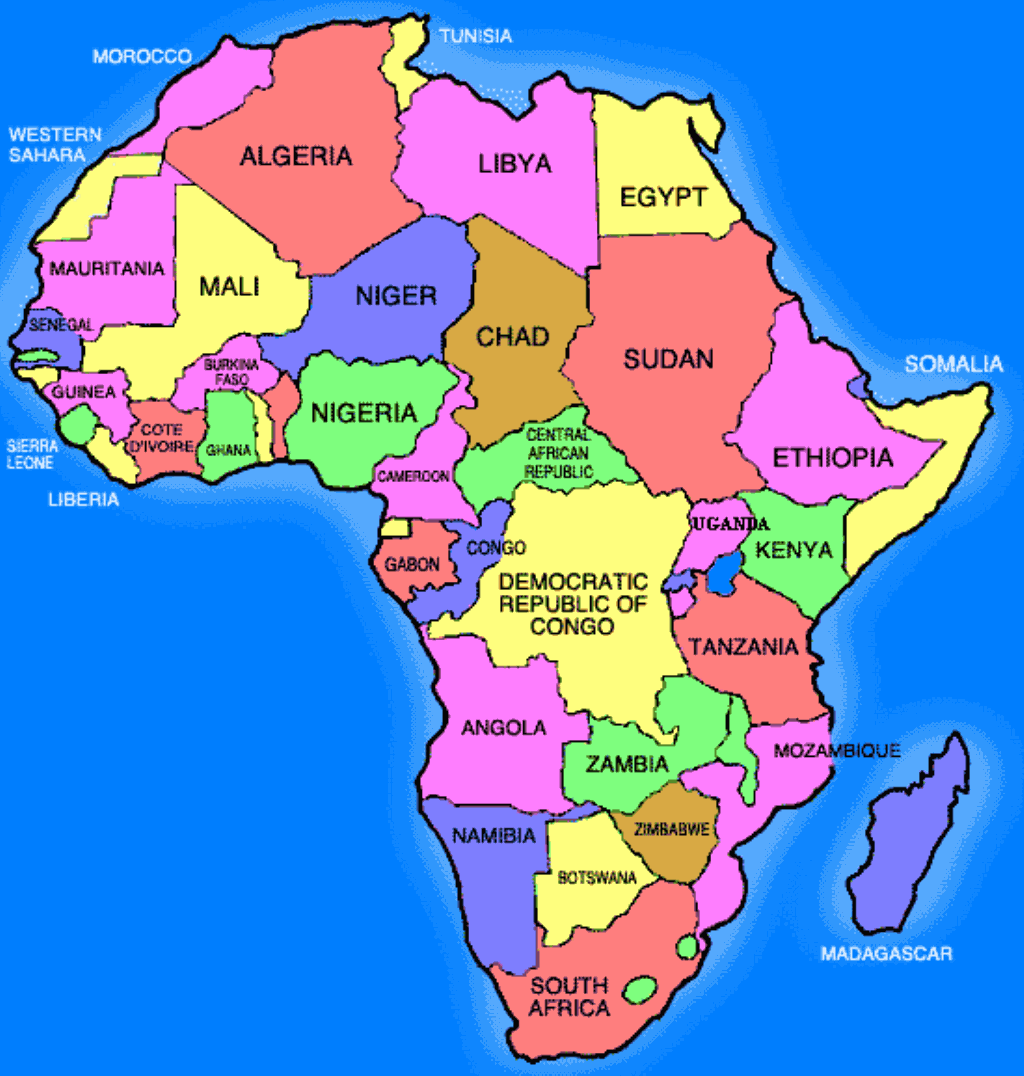
Kenya Drops Terror Charges Against Activist Boniface Mwangi
The Kenyan government has dropped terrorism-related charges against activist Boniface Mwangi, who will now face prosecution for possessing ammunition without a valid firearms license. Mwangi was arrested at his home in Lukenya, Machakos County, by officers from the Directorate of Criminal Investigations. Authorities claimed he played a key logistical and financial role in the protests that resulted in at least 50 deaths, destruction of public property, and injuries to security personnel.
The arrest sparked widespread criticism from civil society and human rights groups, who argued that the government is using terrorism laws to suppress dissent. Mwangi’s wife, Njeri, shared on social media that during the arrest, officers mentioned terrorism and arson while confiscating his equipment. As a long-time critic of the government, Mwangi had previously faced arrests and threats, but this incident was seen as a significant escalation in the crackdown on youth-led protests.
Ugandan President Museveni's New Title Sparks Public Outcry
Uganda’s President Yoweri Museveni has introduced a new self-bestowed title, Ssemalungu, which may translate to “master of the wilderness.” This move has ignited heated public debate, with reactions ranging from linguistic skepticism to outright opposition. Museveni stated that the title serves as a reminder to the bazzukulu (grandchildren) of the bush war that brought his government to power.
The decision comes as the country prepares for another tense election season. Throughout his political career, Museveni has used various symbolic names, including Ssaabalwanyi (chief fighter), Ssaabagabe (supreme ruler), and Jajja (grandfather). The opposition dismissed the new title as a political distraction, while linguists questioned its cultural relevance and warned of potential misuse of symbolism.
Sudan Bans WhatsApp Voice and Video Calls Over Security Concerns
Sudan’s Telecommunications and Post Regulatory Authority has announced a nationwide ban on WhatsApp voice and video calls effective 25 July, citing national security concerns. The regulator confirmed that text messaging and group chats will remain unaffected, urging users to accept the restrictions in the name of national interest. The decision has drawn sharp criticism from activists and digital rights defenders, who describe it as an attack on freedom of communication.
Digital policy expert Ammar Hamouda suggested that the move reflects a combination of security, political, and commercial motives. While the government previously framed similar restrictions in economic terms, the current justification centers on security, leaving civilians without adequate alternatives. Many WhatsApp users are now turning to virtual private networks (VPNs), satellite services like Starlink, or foreign SIM cards to stay connected.
Mnangagwa Term Limit Debate Heats Up in Zimbabwe's Ruling Party
Daniel Garwe, Mashonaland Provincial Chairperson, has publicly endorsed ZANU-PF’s push to extend President Emmerson Mnangagwa’s tenure beyond the constitutional two-term limit ahead of the party’s upcoming conference. The ruling party appears divided, with one faction supporting Mnangagwa’s continued leadership and another reportedly backing his deputy, Constantino Chiwenga, for succession.
Despite Mnangagwa’s public reluctance, last year’s party conference supported extending his tenure, which would require amending the constitution. Opposition leaders, including former minister Tendai Biti, have condemned the push as a threat to democracy and vowed to resist any attempts to undermine the constitution.
Cameroon Nears Full Cocoa Traceability Ahead of EU Deadline
Cameroon has made significant progress toward meeting the European Union’s Deforestation Regulation (EUDR) deadline of 1 January 2026. The country has achieved 99% traceability of its cocoa from farm to export port, according to Trade Minister Luc Magloire Mbarga Atangana. This includes the registration and mapping of over 24,800 farmers and 28,000 cocoa plots.
The EU has provided tools like GEOSHARE to assist exporters in verifying cocoa origin and complying with regulations. However, structural challenges such as weak inter-ministerial coordination and lack of formal land ownership remain. Cameroon has also promoted agroforestry as a sustainable practice, though it is not currently recognized under EU definitions.
Experts warn that increasing cocoa output to 640,000 metric tonnes by 2030 might conflict with EUDR requirements, potentially making Cameroonian cocoa ineligible for the EU market. Improving yields alone may not be sufficient to meet the goal, raising concerns about the sustainability of the sector.
